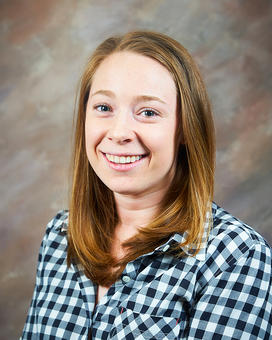Emily Wiebe ’16 Takes an Atypical Path Into the Business of Baseball

In mid-February, when more than 120 free agents were not yet signed as spring training was beginning, the Major League Baseball Players Association (MLBPA), the union representing players, complained that team owners were conspiring to keep salaries low.
Wiebe suggests that the driving force behind the sluggish market is the use of analytics, which has changed the way teams place value on athletes. “Fifteen years ago, there was a huge difference between big-money teams, which were free spenders, and smart teams, which determined a player’s value based on analytics,” Wiebe said. “Today, every team has an analytics department and uses the same kinds of databases, and every team is a smart team.”
Wiebe’s job in the analytics department involves using computer-generated algorithms to calculate a player’s effectiveness when it comes to his ability to reach base safely, play defense, or throw strikes. This information helps the front office decide which players to keep on the roster, which free agents they should pursue, and which minor-leaguers are developing into Major Leaguers. Some statistical models can also predict how a player might perform as he ages — a factor in making long-term contract decisions.
A baseball fan since preschool, Wiebe grew up in San Francisco playing all sports and trying to get a job with the San Francisco Giants and Oakland A’s. While earning her degree in art and archaeology, she interned for the Cape Cod Baseball League in her junior year, where she collected stats, made player videos, and picked the minds of baseball scouts to learn as much as she could about the game. This led to an internship in the analytics department of the New York Yankees.
“Statistics and entrepreneurship courses at Princeton taught me to be a clear, concise writer,” she said. “I also learned to be a critical thinker and critical analyst, and how to approach new information with a healthy scepticism. This really helped when I wrote scouting reports.”
After the internship, the Cardinals hired her as an analyst. She’s one of the few women in baseball to have that position, and hopes she can be a role model for young women who hope to have a career in the business side of professional sports.
“I don’t want people to feel they have to step around eggshells around me,” she said. “I remember scouts used to say, ‘Don’t curse around her.’ And I’d say, ‘No! Act exactly how you’d act around anyone else!’ I want to be treated just like everyone else.”











No responses yet